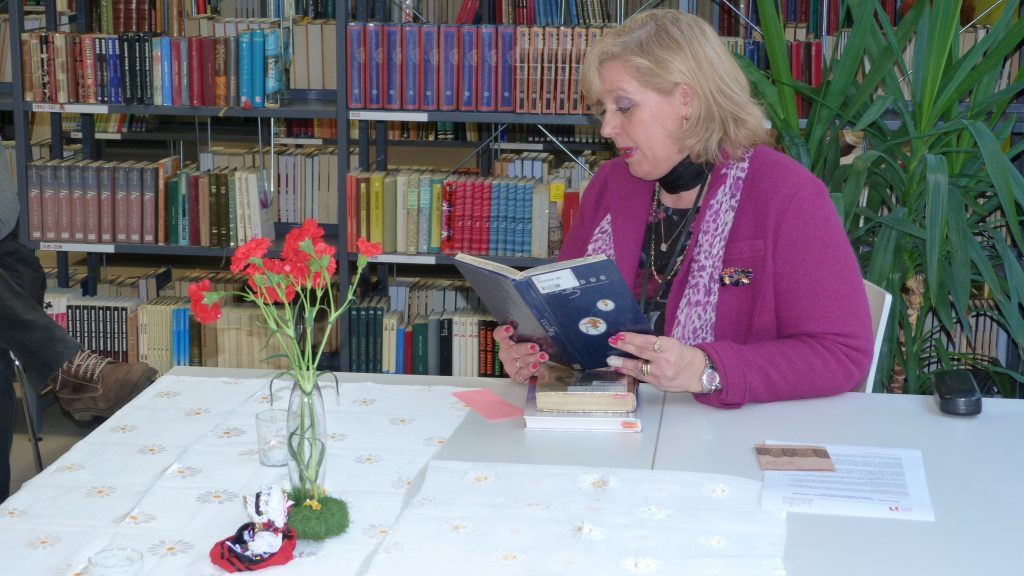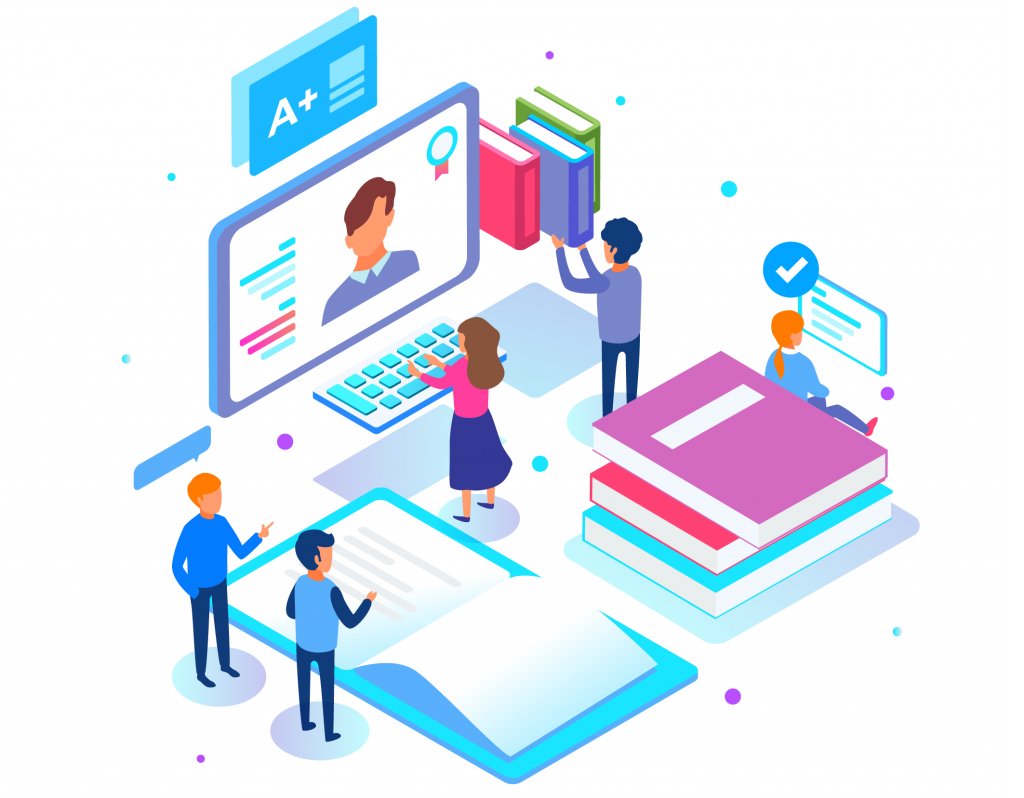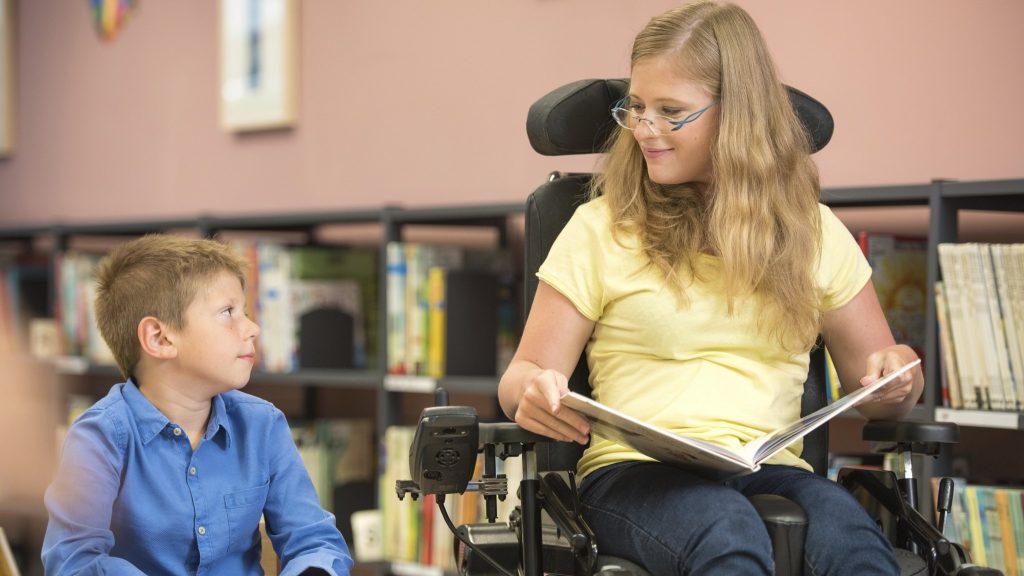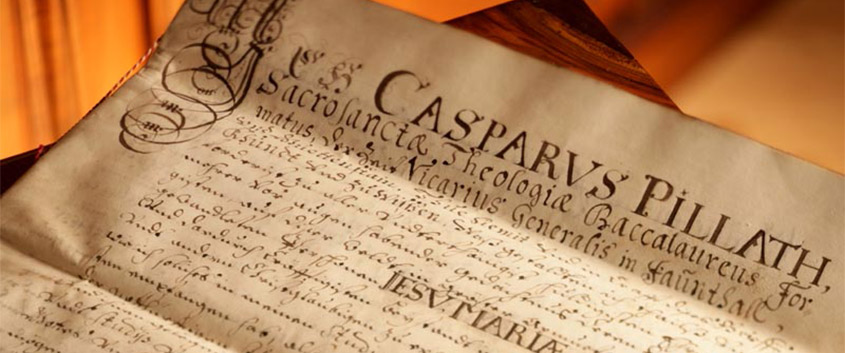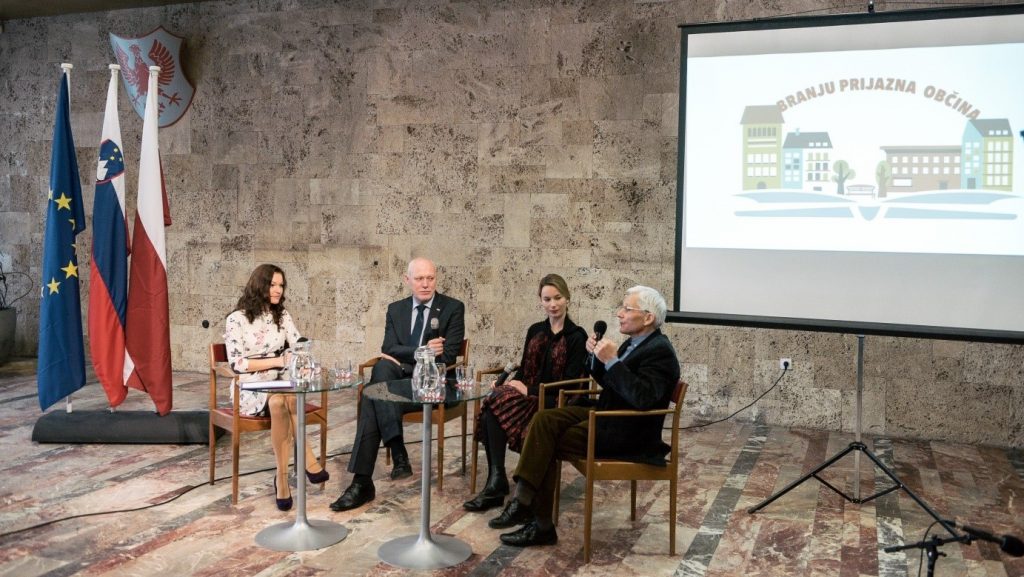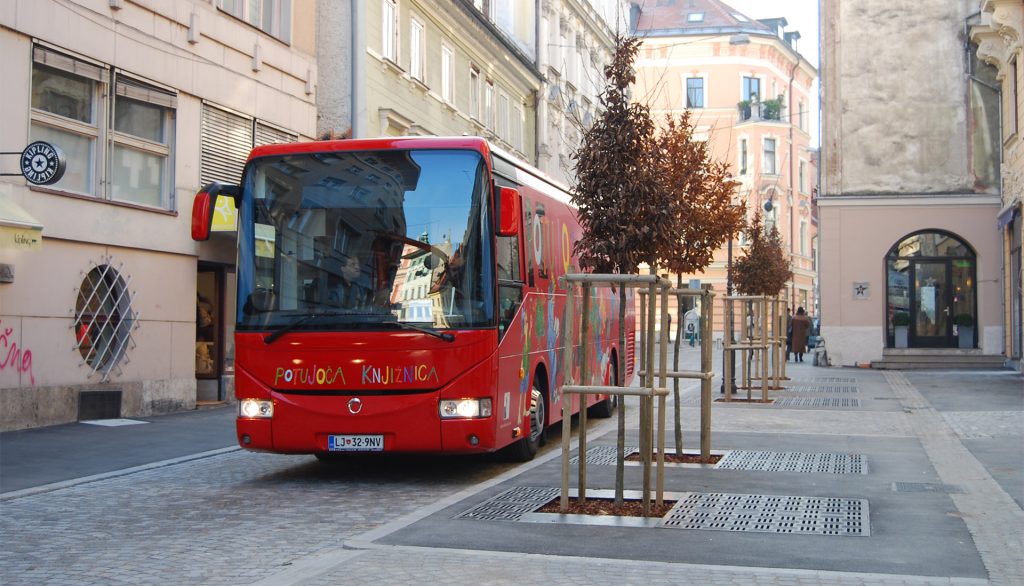Social integration
Public libraries are vital social hubs that serve all community members regardless of race, nationality, ethnicity, age, gender, religion, language, disabilities, social status, nature of employment or level of education.
They aim to help all citizens, especially vulnerable groups, to improve their quality of life and to participate in society as equally as possible.
Most public libraries are wheelchair accessible for people with mobility needs. For blind and partially sighted people, there are especially marked resources in different formats, including tactile picture books and audio material. Event spaces are fitted with hearing loops so that deaf and hard-of-hearing people can attend events. Easy to read materials are available for those who experience literacy difficulties. Most libraries offer either free or low-cost membership to disabled and unemployed people. Libraries cooperate with disability organizations, social work centres, centres for the education, training and rehabilitation of people with disabilities, etc.
The autochthonous Italian and Hungarian national communities live in Slovenia, and the neighbouring countries are home to Slovenian communities. In public libraries in border areas, we cater for all of them by providing materials and services in the minority languages and by organising bilingual events. We pay a lot of attention to the Roma community and foreigners, including immigrants or refugees. We strive to promote intergenerational and intercultural inclusion, so that all users, both members and non-members, feel safe and accepted in all libraries.


